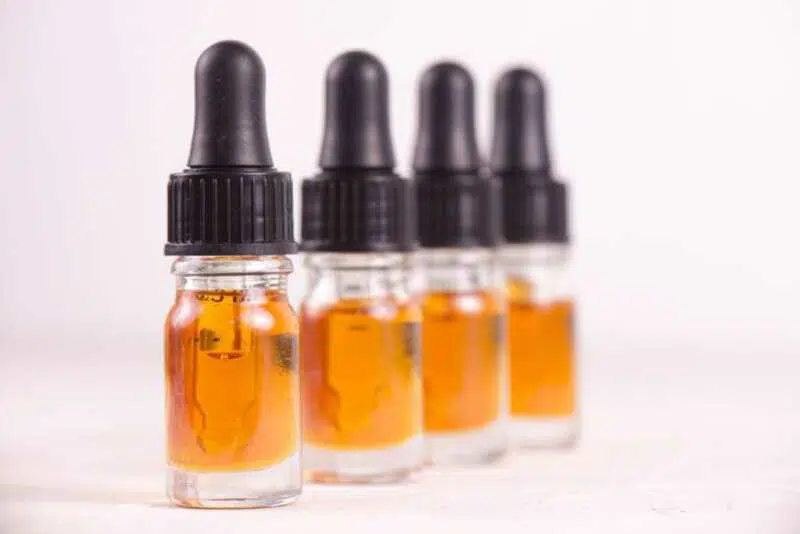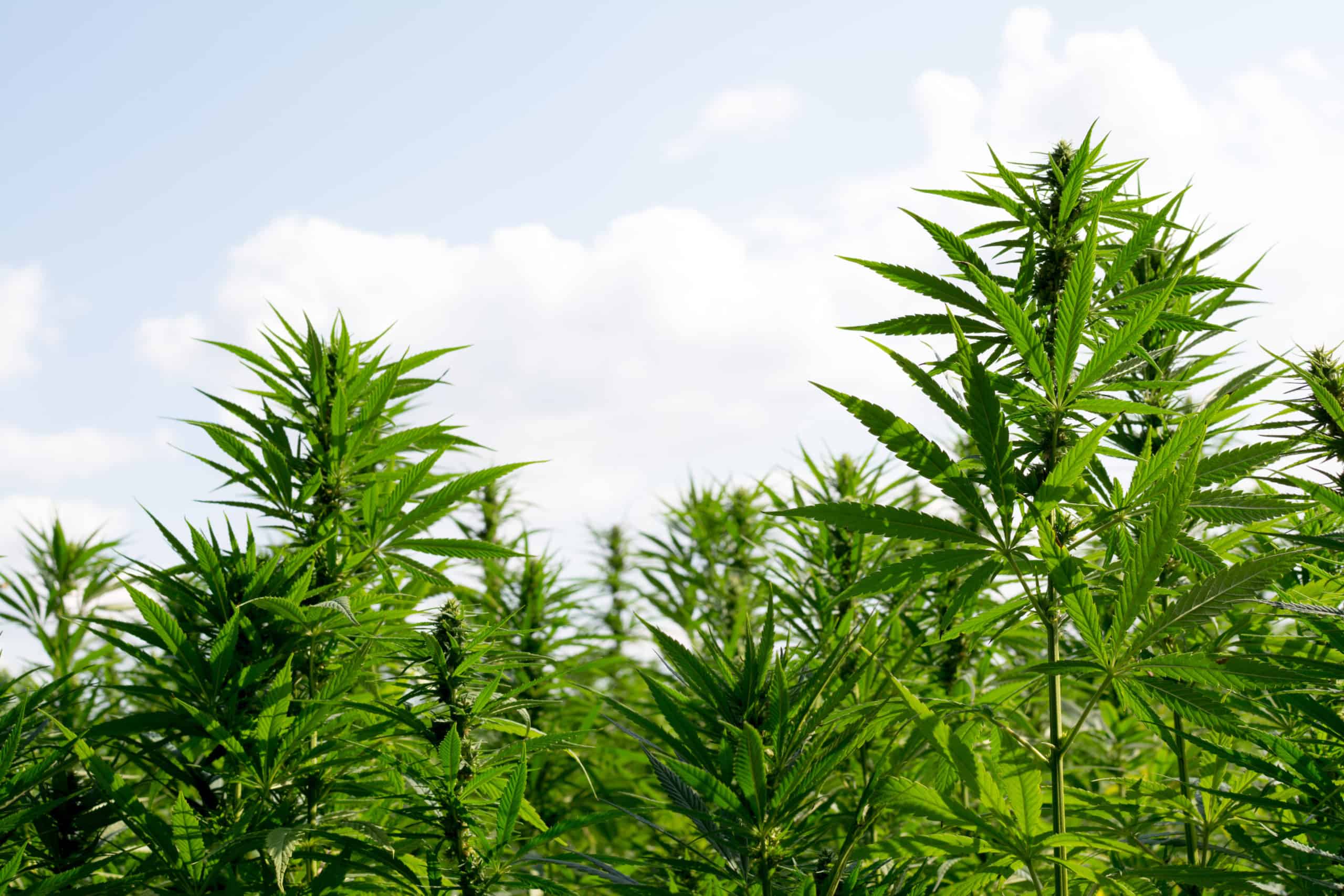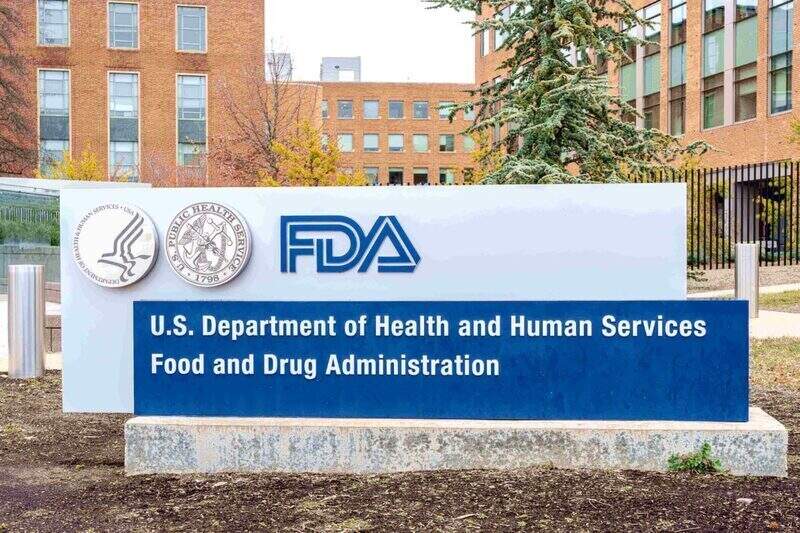-
- Market Research
- |
- CBD Near Me
- |
- Giveaways
- |
- Newsletter
- |
- Contact
- |
- Advertise
- |

Here’s the latest CBD news:
- Charlotte Figi, the girl who popularized CBD for its anti-seizure properties, has died at the age of 13 due to complications from a virus.
- Epidiolex, a CBD-based prescription medication, has been removed from the Controlled Substances Act by the DEA.
CBD News Stories
- Charlotte Figi, Girl Who Popularized CBD, Dies at 13
- DEA Removes Epidiolex From Controlled Substances Act
Charlotte Figi, Girl Who Popularized CBD, Dies at 13
Charlotte Figi, the girl who popularized CBD oil and is the namesake of the CBD company Charlotte’s Web, has died at the age of 13 after experiencing complications from a virus.
According to a family friend via Facebook writing for Paige Figi, mother of Charlotte, the entire family contracted a virus in early March.
While the other family members improved, Charlotte’s symptoms worsened, and she was admitted to the pediatric intensive care unit (PICU) at Children’s Hospital Colorado, Colorado Springs, on April 3.
Charlotte was initially tested for COVID-19, but the results came back negative, and she was discharged on April 5 after showing signs of improvement.
However, Charlotte had a seizure on April 7, resulting in “respiratory failure and cardiac arrest” and a return to the PICU.
She was treated as a “likely COVID-19 case” and “eventually passed in our arms peacefully” later that day.
“Charlotte is no longer suffering,” said the family friend. “She is seizure-free forever.”
Charlotte dealt with Dravet Syndrome, a rare and intractable form of childhood epilepsy, when she was only three months old.
She experienced more than 300 grand mal seizures a week.
As a result, severely stunting her development and putting her in a wheelchair.
After doctors could not help her, the Figis researched medical cannabis and found the Stanley brothers.
The brothers grew medical cannabis in Colorado and had created a type of cannabis with high CBD and low THC content that they did not know what to do with, but they agreed to let Charlotte try it.
The CBD oil drastically reduced Charlotte’s number of seizures and vastly improved her quality of life.
As a result, the brothers named their particular cannabis plant “Charlotte’s Web.”
Charlotte’s story gained public notoriety in Dr. Sanjay Gupta’s “Weed” documentary, where Dr. Gupta spoke with Charlotte, the Figi family, and the Stanley brothers.
The documentary ignited interest in CBD oil and effectively launched the industry.
In particular, it started Charlotte’s Web, the CBD company led by the Stanley brothers.
“She was a light that lit the world,” wrote the brothers in a memorial for Charlotte on their website. “She was a little girl who carried us all on her small shoulders.”
“What began as her story, became the shared story of hundreds of thousands, and the inspiration of many millions more in the journey of their betterment,” they continued. “Charlotte was and will be, the heartbeat of our passion, and the conviction that the dignity and health of a human being is their right.”
“Charlotte, you are the light of our lives. Thank you for your life, your bravery, and your beautiful soul. We love you, Charlie,” concluded the Stanley brothers.
DEA Removes Epidiolex From Controlled Substances Act
Epidiolex, an FDA-approved CBD-based medication that treats rare forms of childhood epilepsy, is no longer a federally controlled substance.
According to a press release from GW Pharmaceuticals, the biopharmaceutical company that created Epidiolex, and its US subsidiary Greenwich Biosciences, the Drug Enforcement Administration (DEA) removed the medication from the Controlled Substances Act.
“This notification from DEA fully establishes that EPIDIOLEX, the only CBD medicine approved by FDA, is no longer a controlled substance under the federal Controlled Substances Act,” said Justin Gover, GW’s Chief Executive Officer in a statement. “We would like to thank DEA for confirming the non-controlled status of this medicine. Importantly, the descheduling of EPIDIOLEX has the potential to further ease patient access to this important therapy for patients living with Lennox-Gastaut Syndrome and Dravet syndrome, two of the most debilitating forms of epilepsy.”
The declassification removes all controlled-substance restrictions from Epidiolex.
As a result, GW Pharmaceuticals is beginning “the process of implementing these changes at the state level and through the EPIDIOLEX distribution network.”
Prescriptions for Epidiolex will now be valid for one year, easily transferable between pharmacies, and physicians will no longer need to follow the requirements of drug monitoring programs.
The US Food and Drug Administration (FDA) approved Epidiolex in June 2018, and the DEA reclassified it as a Schedule V substance in September 2018, the lowest possible designation.
However, the FDA wrote a letter to the DEA saying Epidiolex should not be classified at all due to the minimal risks and approved medical benefits associated with CBD.
The DEA responded by saying that international treaties required the agency to maintain CBD as a federally controlled substance.
The World Health Organization provided clarity on the situation in early 2019 when it said that CBD-based preparations are “not under international control.”
In the US, a bill has been filed in Congress to define CBD as a dietary supplement.







